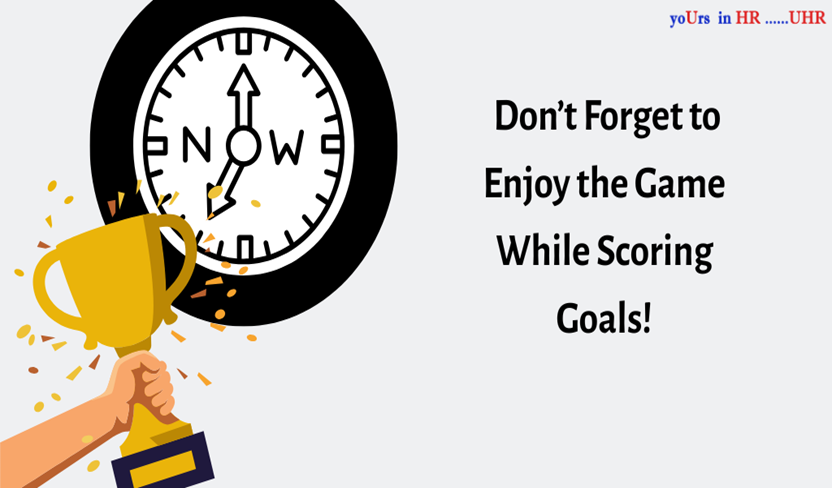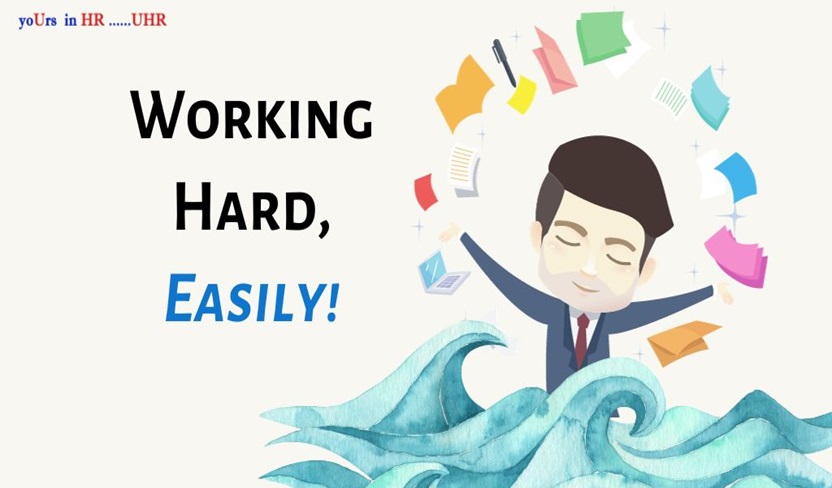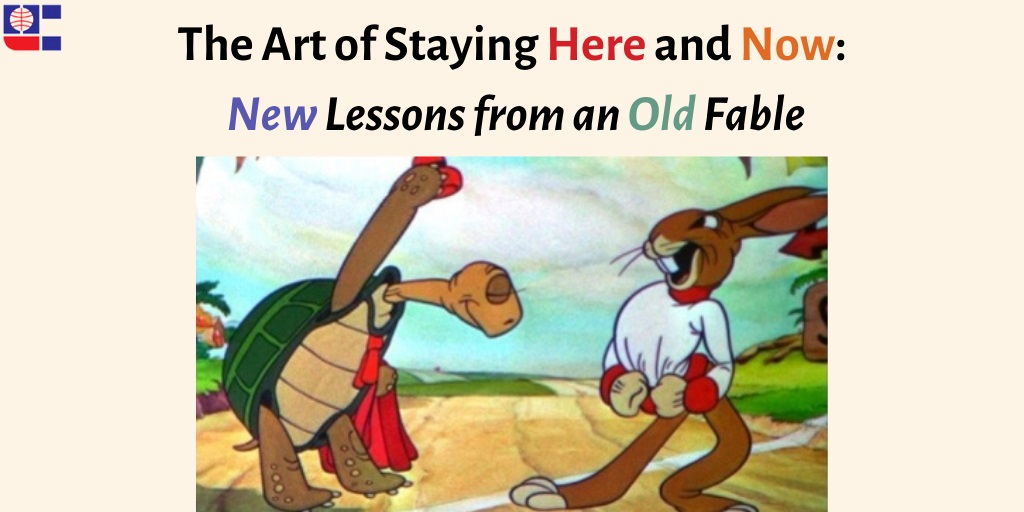
What is common between someone waiting for their promotion and a grumpy toddler in the car asking every five minutes ‘are we there yet’?
They both keep waiting for a destination, and they ignore the wonderful present.
We have all been there. We wait for the perfect moment, the perfect reward to find happiness and purpose. Once xyz happens, I will be/do abc. We can use this template for any number of instances:
- Once I get that promotion, I will be happy.
- Once I get that job, I will be happy.
- Once I get happy, I will be able to engage with my job in a better way.
- Once I land that job, I will start living a healthier lifestyle.
- Once I finish this task, I will give more time to my family.
- Once I achieve my goal…then…
A cycle of promises that might never end.
Go back to maybe ten-fifteen years ago. Did you have the same goals? And did you make some of these conditional promises to yourself at that time as well? For some of us, this thought experiment may lead to a sense of accomplishment- that we were able to indeed fulfil some of those promises. You may have promised yourself that you will learn time-management better once you finish your exams and have more mental space to make priorities, and you did manage to learn that. You may have promised yourself that once you reach a certain post, you will buy your first car, and you did manage to buy it. You may have promised yourself that once that goal has been achieved, you will become happier and life will become better. Life may have become happier and better for a while.
Did that last?
Look at us now, using the same template of making promises to ourselves, delaying our happiness. Delaying our sense of gratitude. Living in stress, and waiting for goal to be fulfilled. Waiting to arrive at the destination, ignoring the journey.
The goalposts of life are forever moving, forever in making. Once we achieve a goal, we build a new goalpost. The significance of the old goal and the goalpost slowly starts to wane.
Once we achieve a goal, we often forget to look around and instead keep looking straight ahead.
Of course, it is good to plan things ahead and think long-term. It is great to have foresight. But it is also necessary to remember Life is always moving ahead, it always goes on. And it WILL bring new aspirations, new landmarks, new promises, new conditions.
And one must not forget to enjoy the process, enjoy the present. Doing so lets us:
- Enjoy the results of that thing one worked really hard for.
- Pause and notice what is around us, that may help us to actually work on our processes for our goals in a more precise manner. Imagine worrying so much about who to network with once we get that promotion, and forgetting to network with our present colleagues and seniors who may have a lot to offer!
- Be happy in the present moment.
- Find meaning in the present moment and find meaning when life goes in flux. Take the very unfortunate scenario of not being able to achieve the goal for some reason, despite the hard work. Having enjoyed the process, one would have garnered many life lessons, professional and personal development and insights about what could have been done better. One would be developing a healthy respect for their present situation, while looking forward to what lies ahead. Not having enjoyed the process? One would go into an existential crisis of sorts- one might feel that now that the goal hasn’t been achieved, everything that gave meaning to your life may feel like it’s lost. Why? Because the goal had become everything.
So, as we set goals, let us enjoy the process of reaching that goal. The goalposts will keep shifting, and the game shall go on. And the point is to enjoy the game nevertheless.




